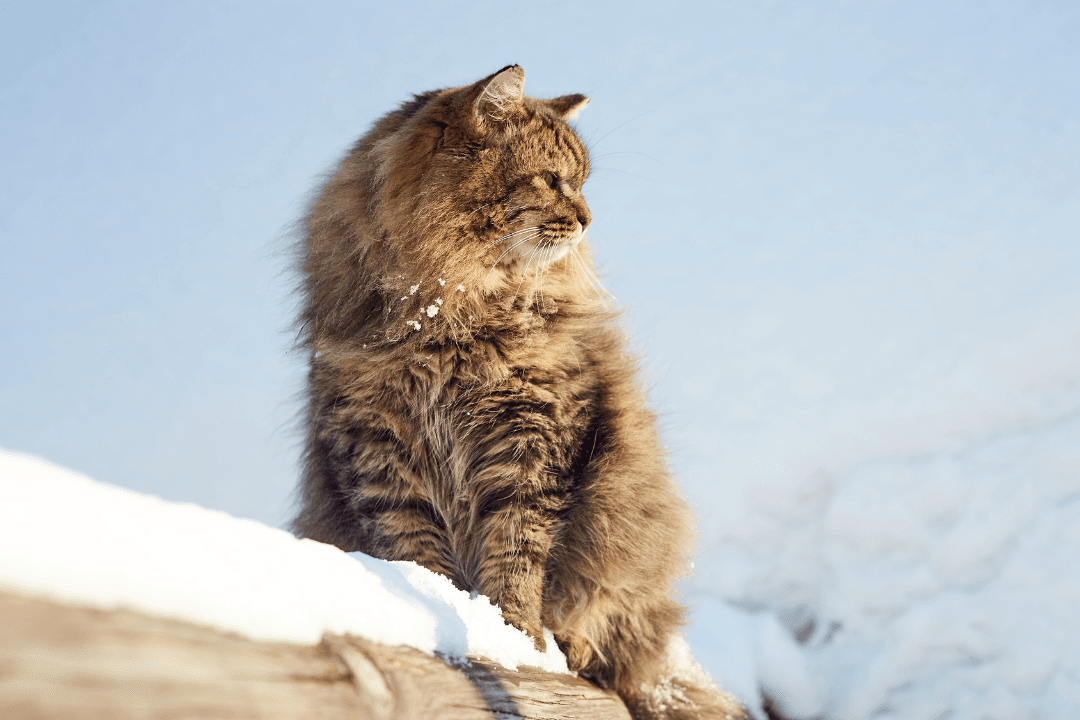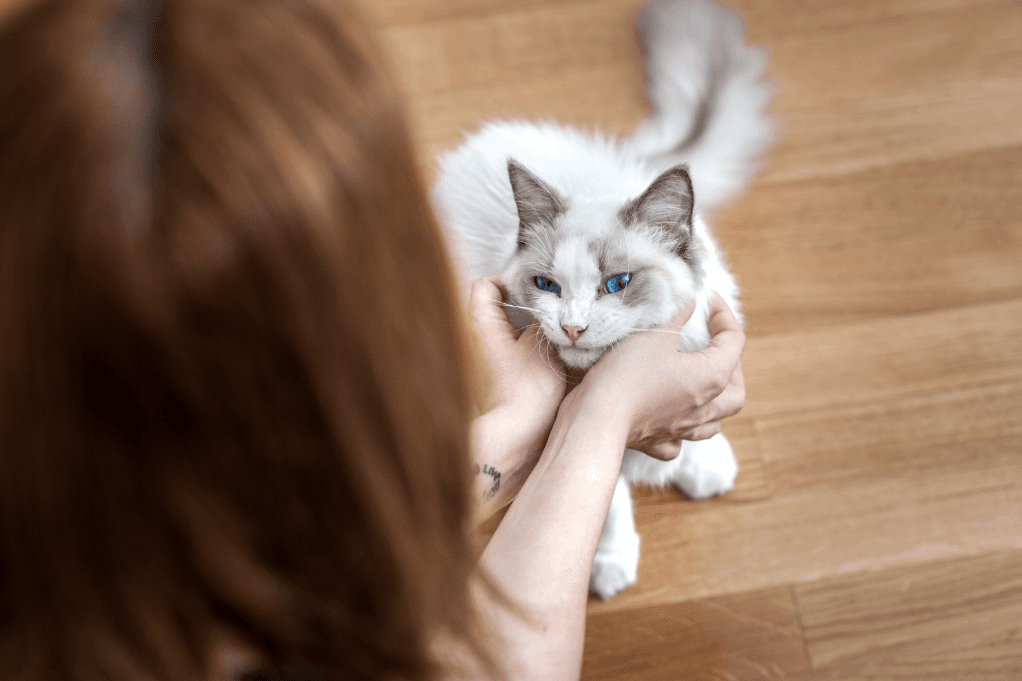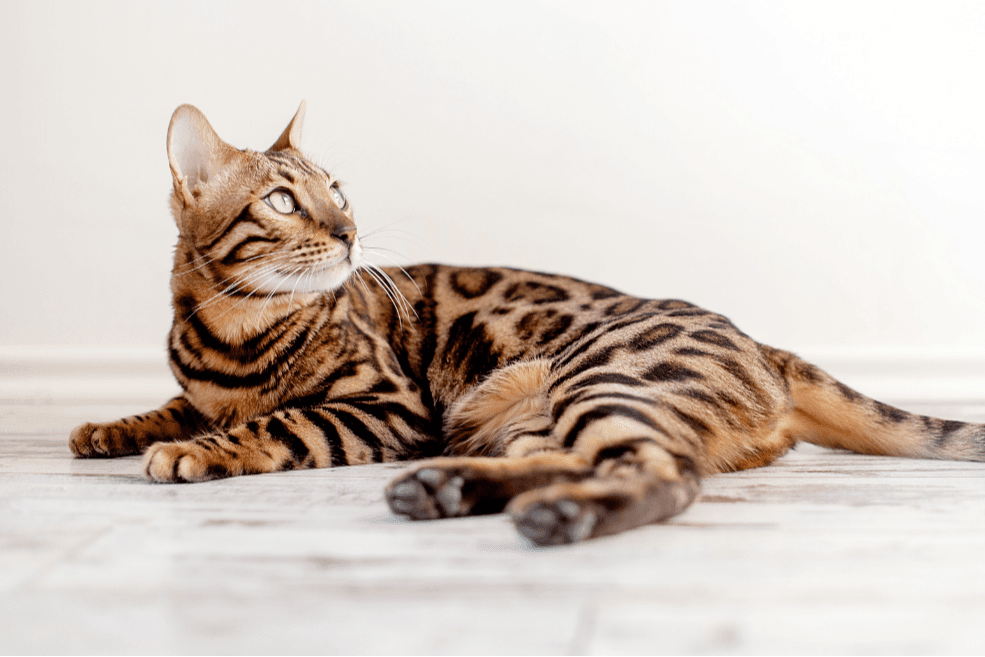Siberian Cat Guide
Information about the cat breed Siberian Cat
Weight: 4 - 10 kg
Wither height: 20 - 25 cm
Energy level: Energetic
Lifespan: 12 - 20 years
Social need: Medium
Colours: Available in several different patterns and colours, such as black, white, golden, chocolate, blue and cinnamon.
Health problems: Generally healthy but can suffer from eye problems and genetic diseases such as the heart disease Hypertrophic Cardiomyopathy (HCM).
Personality of a Siberian Cat
The Siberian Cat is a curious, adventurous and social cat breed that should have the opportunity to be outdoors. It needs a lot of activation and loves to play, jump, climb and hunt. Regardless of the weather, a Siberian Cat often wants to go outside and move around. It knows what it wants, is very intelligent and can therefore sometimes require a bit of training. A Siberian Cat also attaches itself completely to "its" human. It is happy to accompany you in everything you do and appreciates when you interact and cuddle with it.
Looks and fur care of a Siberian Cat
The Siberian Cat is strong, muscular and can become relatively heavy. However, it grows slowly and is usually fully grown only at the age of 3-5. The fur of a Siberian Cat is thick, dense and water-repellent, which means that it resists cold and wet well. It usually doesn't tangle that much, but it can still happen due to its length. Therefore, brush the fur a number of times a week to keep it nice and also to reduce the amount of loose hair. The Siberian Cat is popular among allergy sufferers, which is because it produces less of the protein that causes allergies and thus has no direct connection to the fur.
Health problems in a Siberian Cat
A Siberian Cat is a generally healthy and healthy cat breed. However, it can get eye problems due to the size of its eyes, so make sure to keep them clean. Just like other cats, Siberian Cats can also suffer from genetic diseases, for example Hypertrophic cardiomyopathy (HCM), which is a common heart disease in cats.
Oral health
Did you know you need to brush your cat's teeth? Brushing your cat's teeth daily is the best thing you can do to prevent your cat from getting periodontitis, learn more about it in our app. The dental disease FORL is common among cats and often occurs in connection with periodontitis. Brushing the cat's teeth can be a challenge, but with treats and a lot of patience, the cat will eventually get used to it. Learn more about how to brush your cat's teeth in our app course.
Poisoning
There are a lot of things that are toxic to cats that you may not have thought about before. An example of this is plants, learn more about which plants are poisonous to your cat in the Lassie app. Additional examples of what is poisonous to cats are chocolate and mouse and rat poison. It is important to store things that are dangerous to cats in a place that they cannot access.






